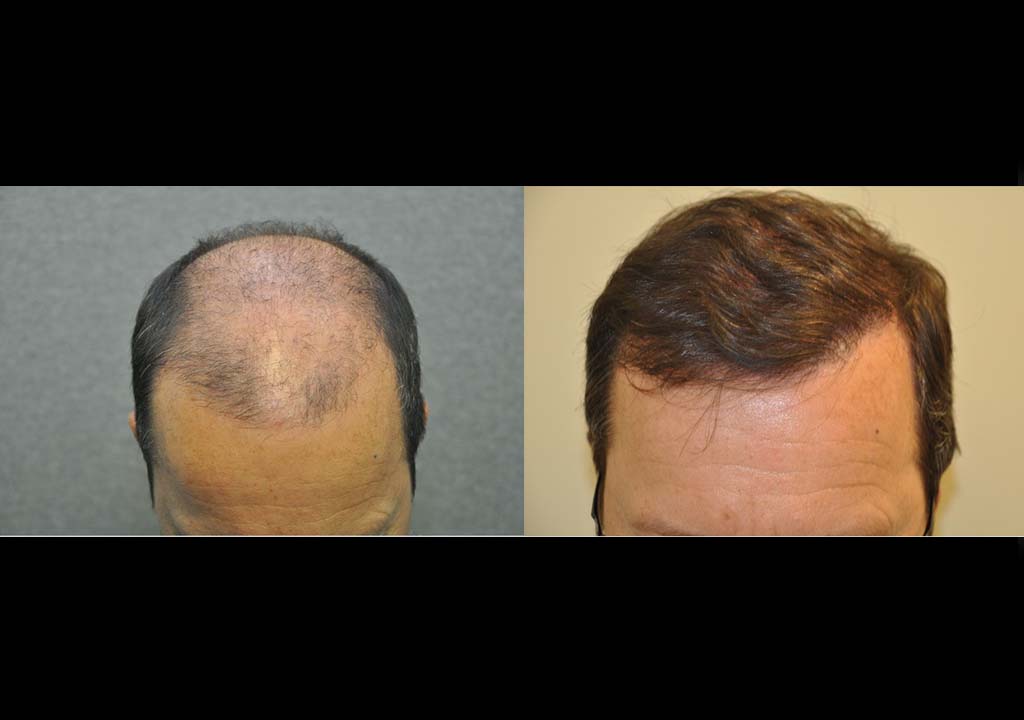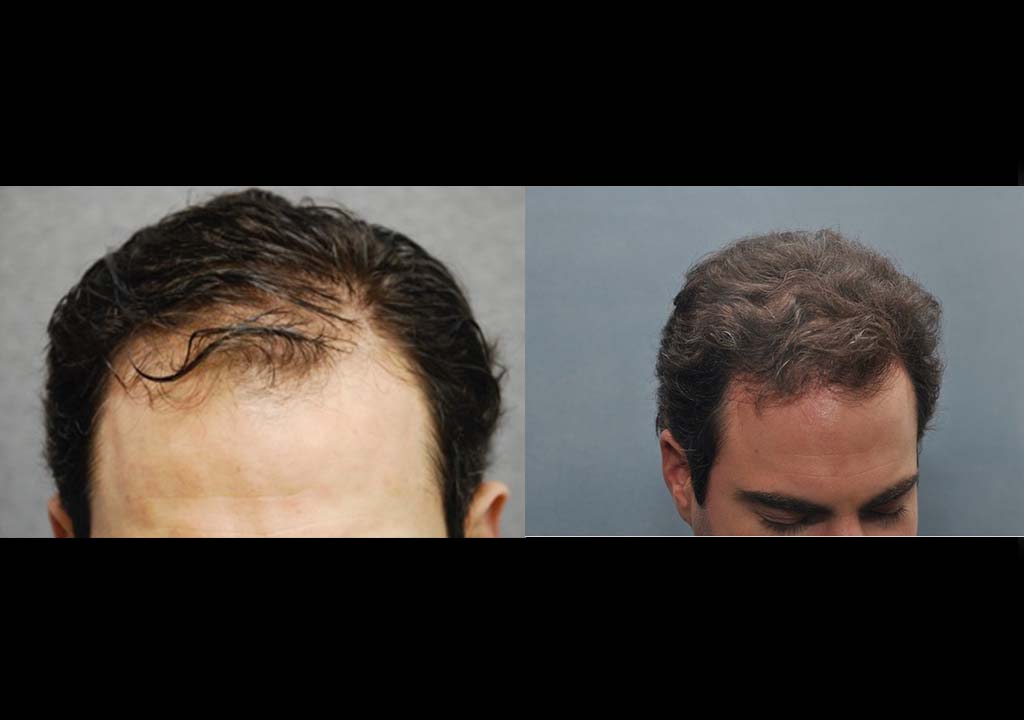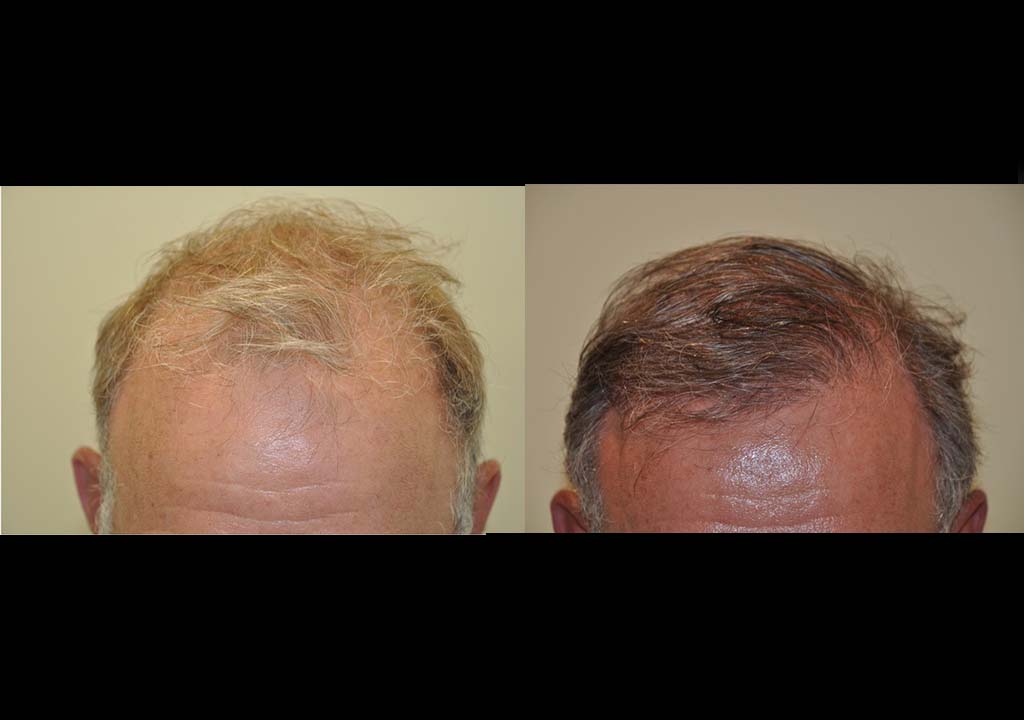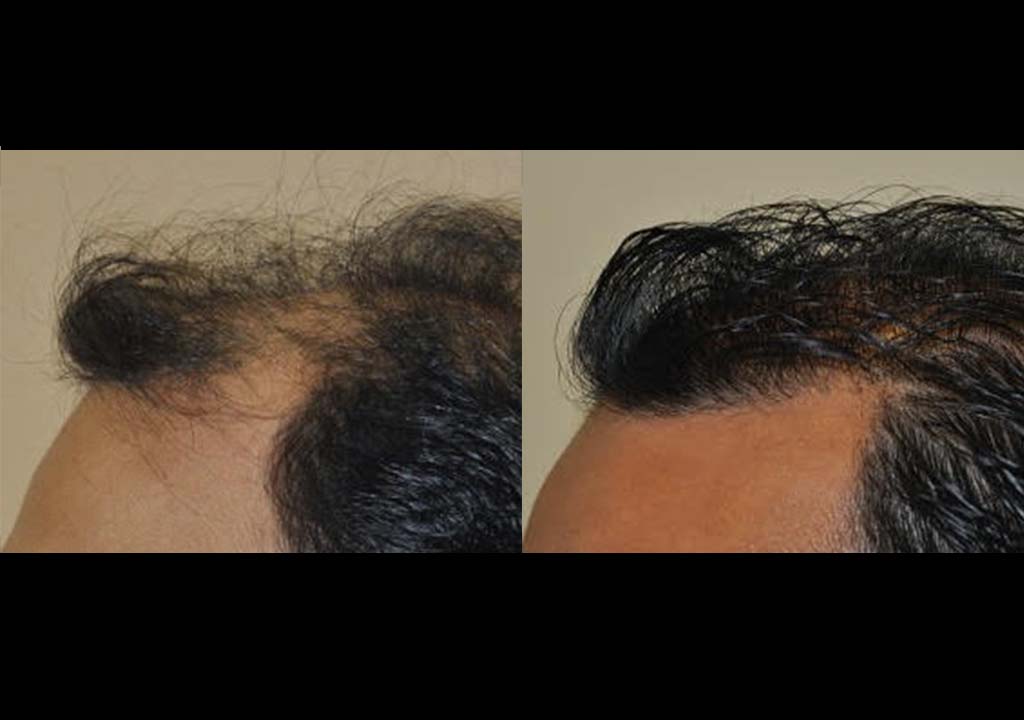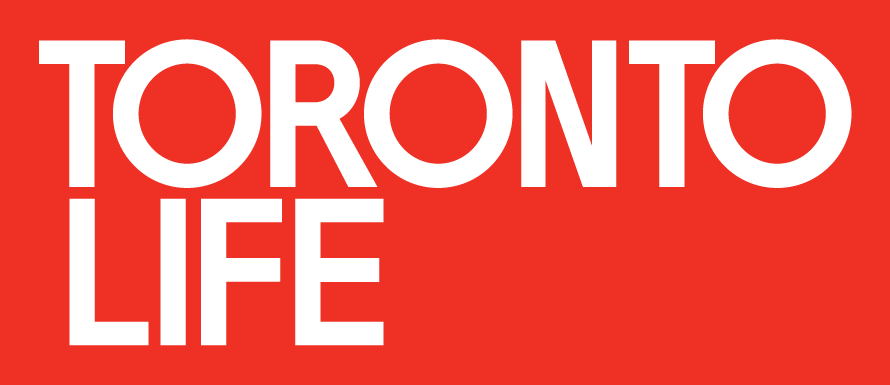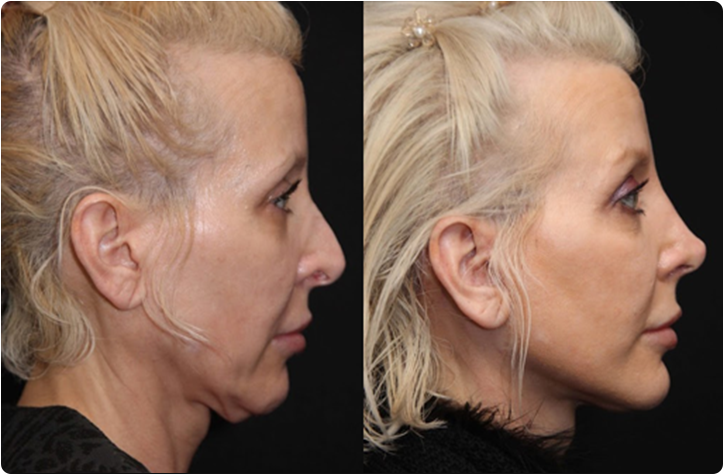There are many causes of hair loss in both men and women, however, the most common factor is genetics. Other factors that can cause hair loss include hormonal imbalances, medical conditions, scarring and traction from tight braid or ponytails. Nevertheless, the cause of hair loss in the vast majority of patients seeking hair restoration is what is known as male or female pattern hair loss. At our Hair Transplant clinic in Toronto, our surgeons can help you regain your confidence with the most advance hair loss treatments.






